A Soldier's Story
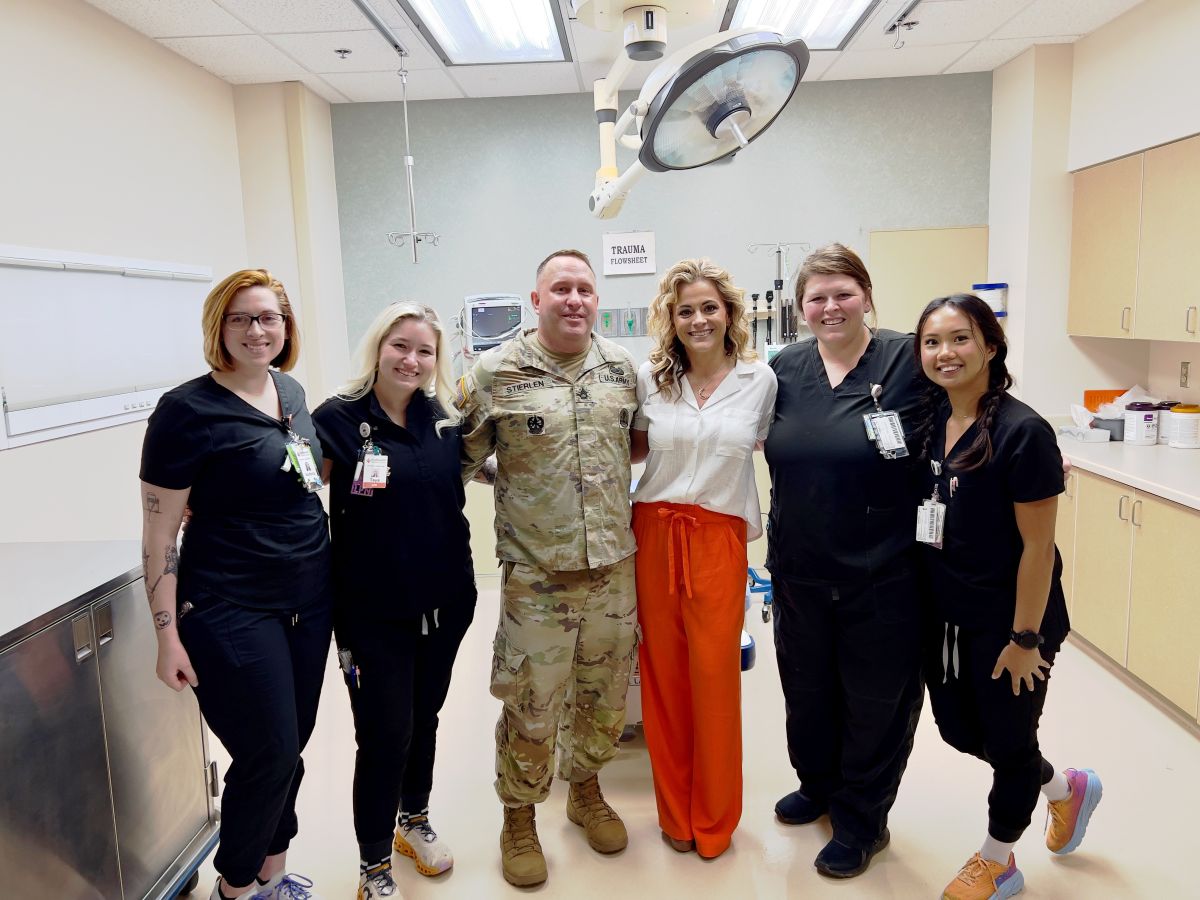
In Army speak, the sitrep (situational report) wasn’t good ‒ Sergeant First Class Russell Stierlen, who came into Southwestern Medical Center’s emergency department (ED) in April with what he described as bad heartburn, sat up, said “Something’s wrong,” and began convulsing before “coding” (suffering cardiac arrest).
The ED team quickly revived Stierlen and immediately determined that he had suffered a rare, allergic reaction to the radiocontrast used in the computer tomography (CT) scan ‒ a scan meant to rule out any heart issues. According to research on the National Institute of Health website, somewhere between .01% (one in 10,000) and .04% of patients can experience severe allergic reactions to radiocontrast, the dye used in a CT scan.
Stierlen, who came into the ER on April 16, immediately recovered from the allergic reaction and was later treated for a hiatal hernia. He was discharged on Friday, and to the surprise of his wife and commanding officer, was back at work on Monday.
But, not before a scare, for all parties involved.
"I heard it took several nurses to hold me down,” said Stierlen. “I was concerned I might have hurt someone ‒ I'm trained in martial arts."
Thankfully, the quick diagnosis and response by the ED team at Southwestern ensured no one was hurt.
“They saved my life,” said Stierlen.
Said Jessica Lewis, director of Imaging Services at Southwestern, “When giving a CT scan, we ask if the patient has any allergic history and if they don’t, it is standard procedure to proceed because allergic reactions are so rare. This was that one in ten thousand case, and our team was quick to react, take appropriate measures and ultimately send our patient home doing better than when he walked into the hospital.”
Two weeks after the event, on May 1, Lieutenant Colonel Brian Dermody and Command Sergeant Major Albert Turner, part of the Fort Sill Command with the 1-78th Field Artillery Battalion, presented certificates of appreciation to the Southwestern ER team members who were instrumental in saving Stierlen’s life. Also known as the "Teamwork" Battalion, the 1-78th emphasizes ethics and values-based leadership, focusing on improving diversity, equality, and inclusion to build cohesive teams ‒ values that align with those practiced at Southwestern Medical Center.
Said LTC Dermody, upon presenting the certificates: “This is a profession that tends to go unnoticed. I wanted to thank them for the effort put into helping people and saving Sergeant Stierlen's life.”
Added CSM Albert Turner, “Just like people who thank us for our service while walking down the street, you (the ED staff) deserve the same respect.”
Among the most appreciative of the Southwestern emergency team was Stierlen’s wife, Ashlei, who accompanied her husband to the hospital and stressfully endured the unexpected turn of events.
“I was there through it all,” she said. “It was very scary. Everyone was very attentive to him and me, as well. I’m very thankful for everything they did to save his life.”
If you or a loved one are in need of emergency medical care, know that you can count on the life-saving team at Southwestern Medical Center’s emergency department. Click here for more information.

Listen Up – High Blood Pressure is Dangerous
May 21, 2025
High blood pressure, also known as hypertension, is dubbed “the silent killer” by medical professionals because it can go undetected for an extended period and lead to death. Every May, which is National High Blood Pressure Education Month, the healthcare community preaches regular monitoring so high blood pressure can be...
read more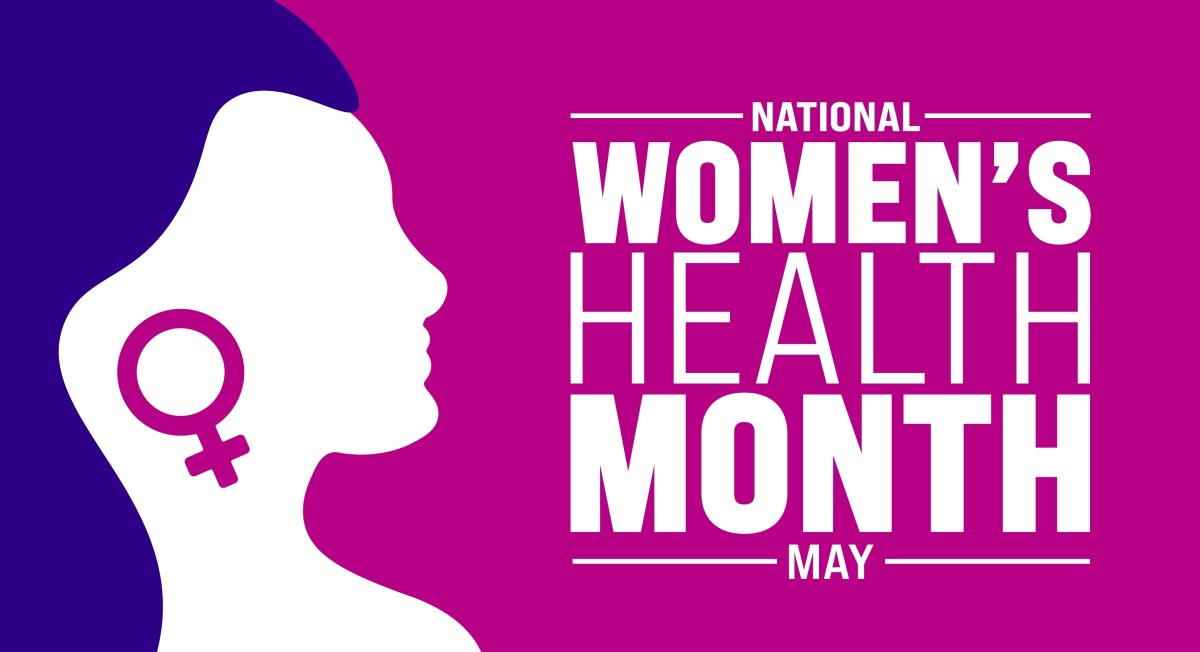
What Are You Doing for Women’s Health Month?
May 18, 2025
Women’s Health Month, observed each May, raises awareness about women’s health issues and encourages women to prioritize their well-being through regular checkups, preventive care, and informed lifestyle choices. Nationwide, Women’s Health recognitions are celebrated through activities such as health screenings, events, and educational opportunities to promote awareness of the importance of...
read more
Nine Tips to Prevent & Manage Chronic Wounds
May 14, 2025
It is no secret that as we age our bodies undergo changes that can increase the risk of developing health related issues. One of these health concerns is the susceptibility of forming a chronic wound. Chronic wounds are wounds that fail to heal within three months or more. They can...
read more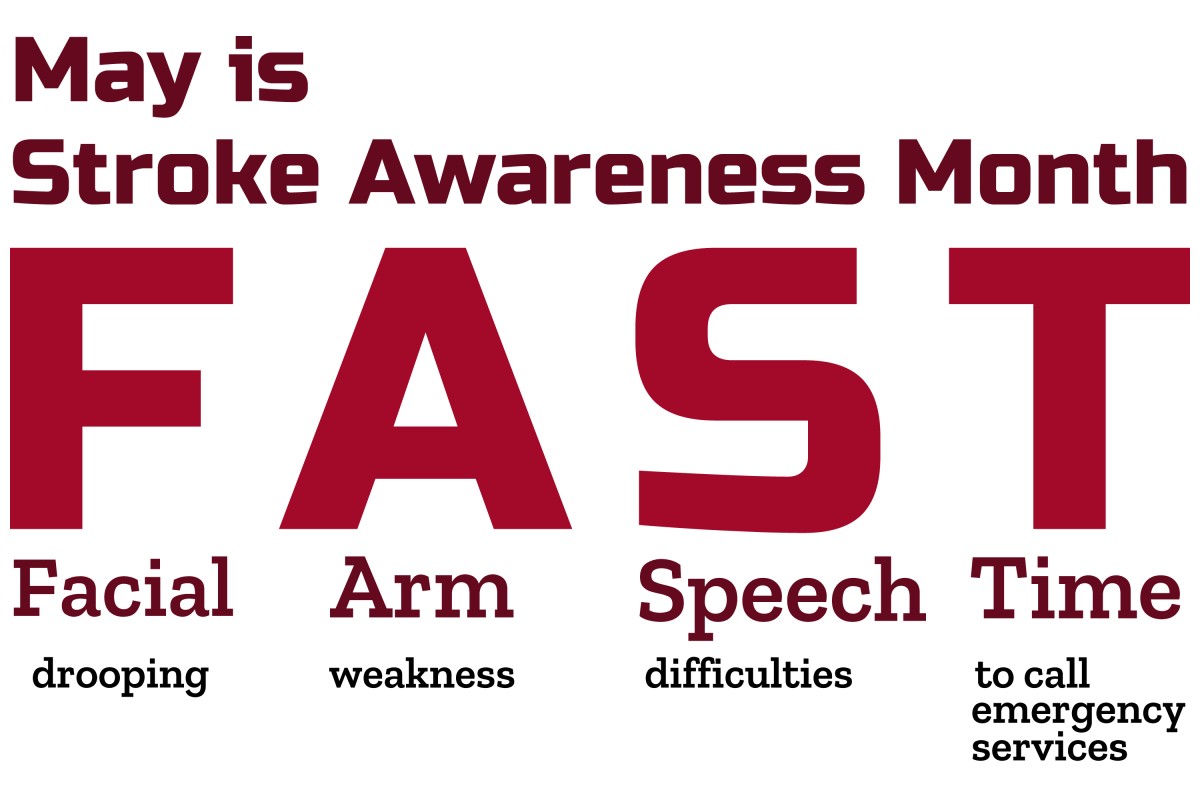
Stay Ahead of Stroke with These Two Steps
May 8, 2025
National Stroke Awareness Month in May spotlights the devastating nature of the disease and encourages us to take healthy steps to prevent it and learn to recognize the signs of stroke, as quick action can limit its damage.
read more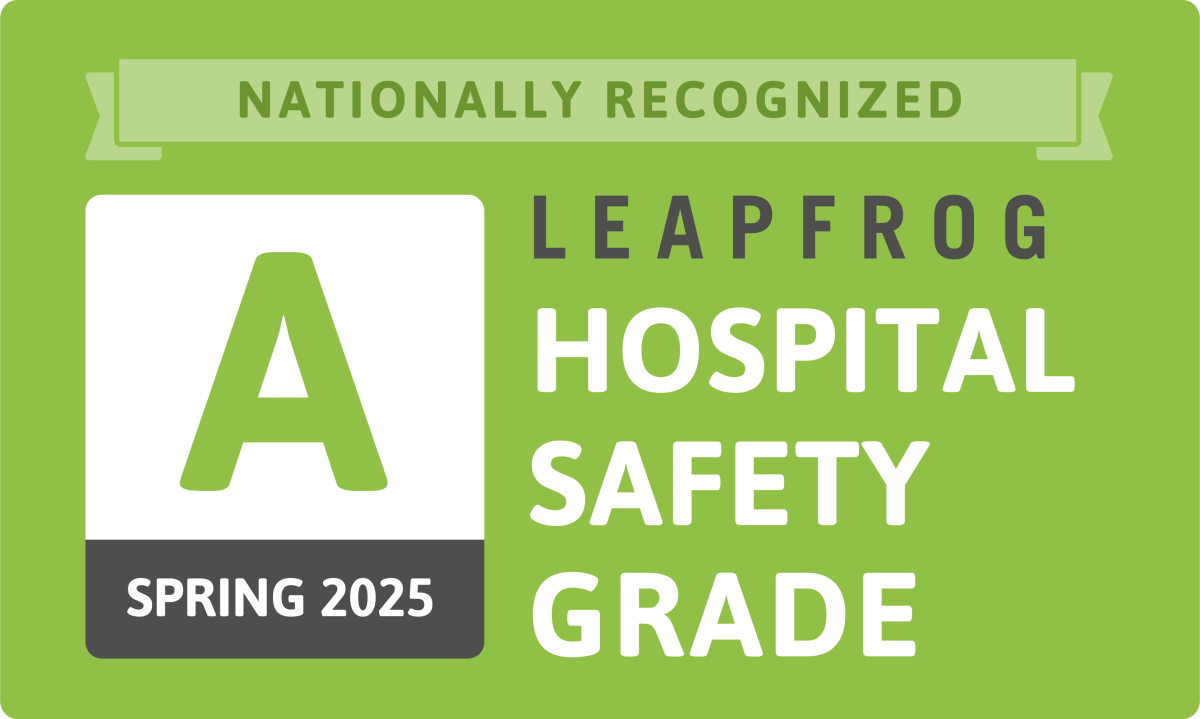
Southwestern Medical Center Earns ‘A’ Hospital Safety Grade from The Leapfrog Group
May 5, 2025
The grade, awarded for Spring 2025, is Leapfrog’s highest national recognition for patient safety.
read more
Mental Health Matters
May 1, 2025
Access to healthcare is a fundamental human right, something agreed upon internationally in the middle of the 20th century. Mental health was part of the package, and Mental Health Awareness Month was created in 1949, shortly after the declaration of health as a human right. What this means is that “good”...
read more
Our Little Ones Deserve the Same Shot We Got, Right?
April 21, 2025
In 1980, the world celebrated one of medical science’s greatest accomplishments: the eradication of smallpox, a highly contagious and potentially fatal disease that had no specific treatment. It took a vaccine, developed by Edward Jenner in 1796, roughly 200 years to fully eliminate the disease due to challenges in production,...
read more
Don't Let Stress Become a Health Issue
April 7, 2025
Some nasty habits – like nail biting, skin picking, teeth grinding, and hair pulling – can all be coping mechanisms for stress. Physical symptoms – such as headaches, muscle tension, fatigue, sleep issues, digestive issues, increased heart rate, and even chest pain – can be manifestations of stress. And a variety of...
read more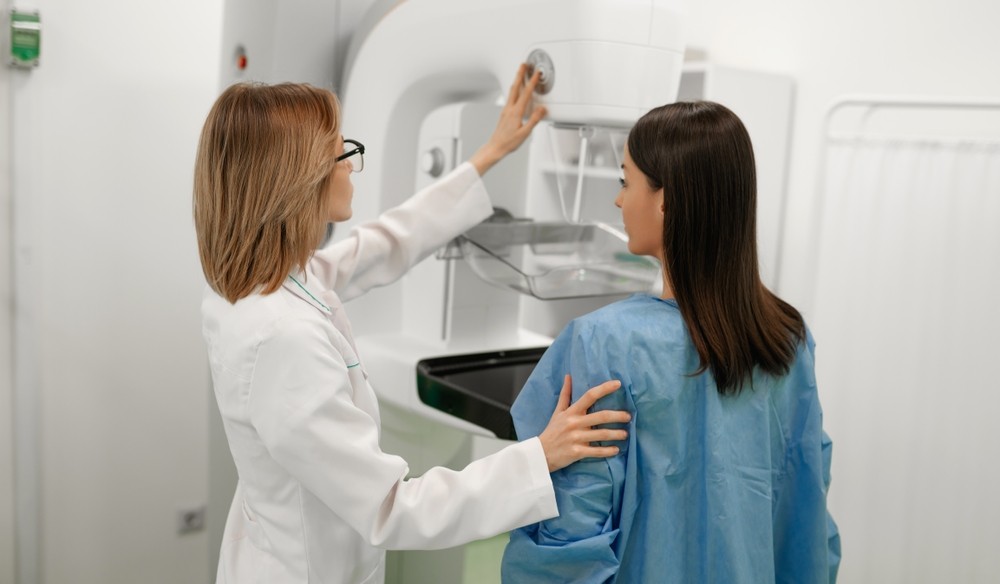
Be Well. Screen Well. Live Well. Stop Cancer Before It Starts
April 7, 2025
April showers bring May flowers, and an April screen can ensure you are cancer-clean.
read more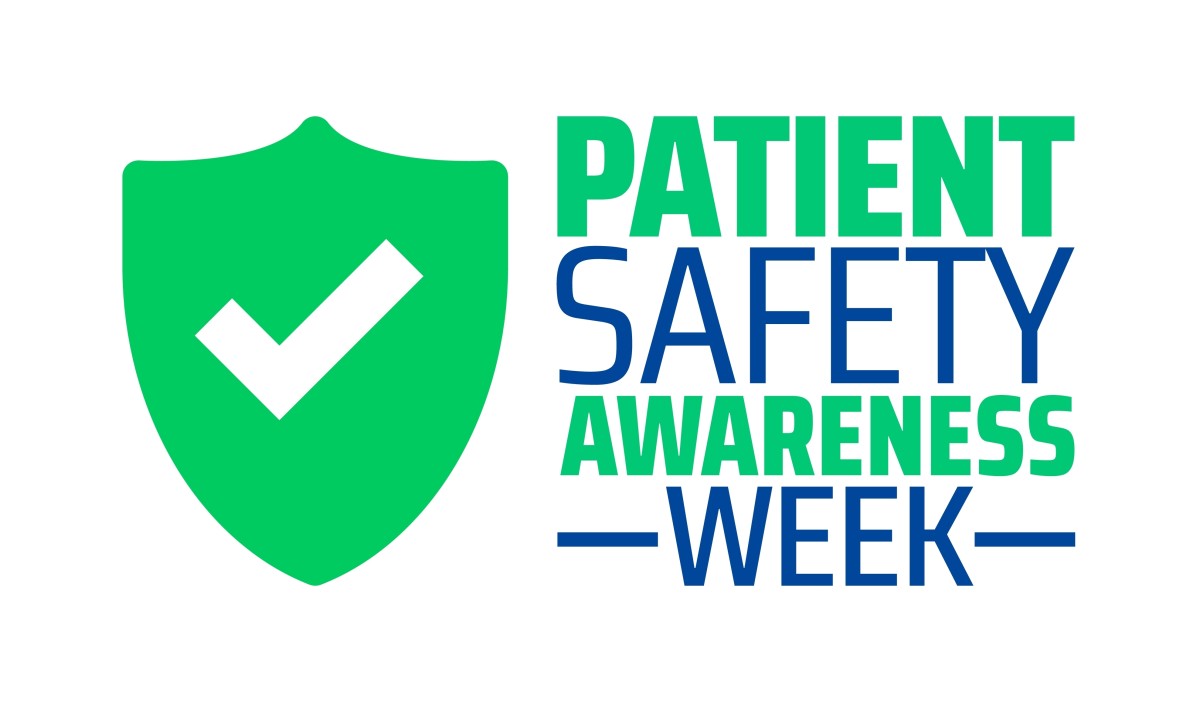
Patient Safety Awareness Week March 9-15
March 9, 2025
While March 9-15 is officially Patient Safety Awareness Week, unofficially, every week is Patient Safety Awareness Week at Southwestern Medical Center. In fact, patient safety is top of mind at our hospital every day, every hour, every minute, and every second. Patient safety is central to the “Do No Harm” principle,...
read more